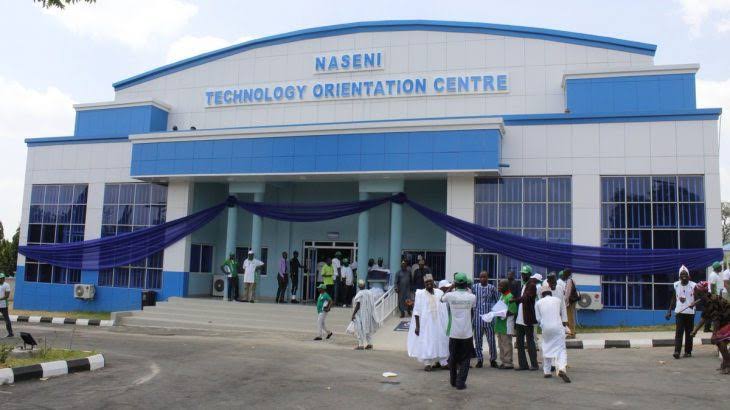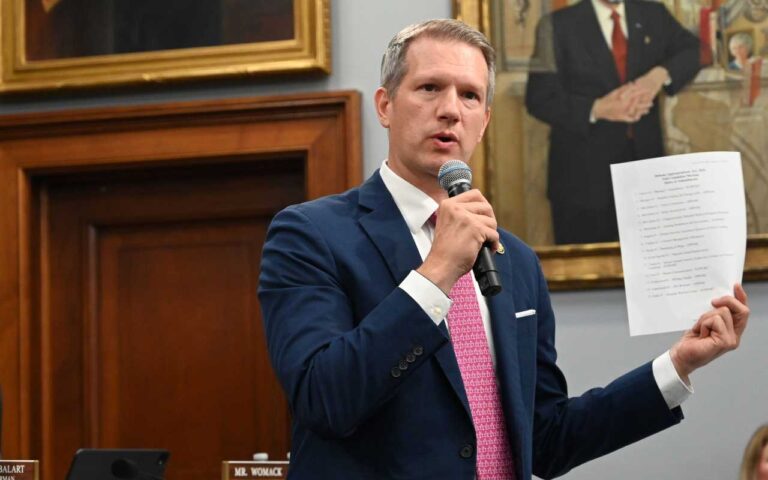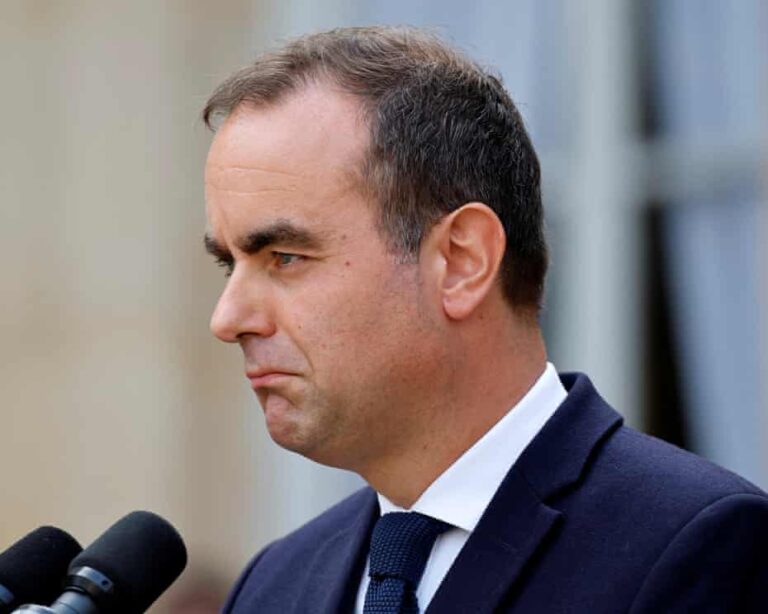
The National Agency for Science and Engineering Infrastructure (NASENI) has reiterated its commitment to strengthening local manufacturing as a key driver of Nigeria’s industrial and economic development. The effectiveness of this strategy in achieving significant industrial growth remains to be seen.
During a strategic focus group meeting on Made-in-Nigeria products in Ibadan, Oyo State, industry leaders, policymakers, and entrepreneurs discussed challenges and opportunities in the manufacturing sector. The event, themed “Made in Nigeria for Everyone,” explored strategies to enhance product quality, address production challenges, and expand market reach for locally made goods.
NASENI’s strategy for strengthening Nigeria’s industrial base is based on creation, collaboration, and commercialization. Mr. Ahmed Hamzat, Acting Managing Director of the Prototype Engineering Development Institute, outlined NASENI’s commitment to fostering self-reliance, wealth creation, and employment opportunities.
“By investing in research and development, we provide engineering solutions across key sectors such as agriculture, transportation, construction, and power,” Hamzat stated.
He stated that NASENI is actively supporting local manufacturers to meet international standards and enhance their competitiveness. The extent to which NASENI’s support translates into improved competitiveness remains to be evaluated.
“We have successfully transitioned from research to manufacturing, but many Nigerians are still unaware of the quality of our locally produced goods. If our manufacturers meet the required standards, there is no reason why Nigerians should not support them,” he added. The perception of quality among Nigerian consumers remains a significant challenge.
Hamzat emphasized the need for government policies that provide financial support, facilitate access to advanced technology, and create an enabling environment for businesses to thrive.
“This meeting serves as a platform to raise awareness about the benefits of local production, encourage industry collaboration, and promote higher quality standards for Nigerian products,” he noted.
A panel discussion addressed issues such as high production costs, limited access to funding, and global competitiveness. The panelists agreed that achieving industrial growth requires strong policies, better financing options, and incentives for manufacturers who prioritize local production.
Mrs. Ogunronbi Olanike, Assistant Director at the National Agency for Food and Drug Administration and Control (NAFDAC), highlighted the agency’s efforts in supporting small businesses through its MSME skill initiative. She stated that NAFDAC has streamlined product registration processes and intensified its fight against counterfeit goods.
She urged consumers to report fake or substandard products, stating that “Consumer complaints play a vital role in eliminating counterfeit goods from the market.”
Senior Standards Engineer Oluwadare Bolumole from the Standards Organization of Nigeria (SON) emphasized that many Nigerian products meet required standards but suffer from a lack of public awareness.
“The problem is not quality; it is perception. Nigerians must take responsibility for promoting and celebrating their own brands,” he remarked.
Mr. Jide Williams, Deputy Director at the Oyo State Ministry of Trade, Investment, and Cooperatives, stated that the state government is collaborating with private sector partners to provide funding opportunities for SMEs.
“Recognizing that SMEs need financial assistance, we have implemented structures to support them,” he said.
Attendees voiced concerns about infrastructure deficits, difficulties in sourcing raw materials, and the public’s preference for imported goods. Stakeholders urged NASENI to collaborate with financial institutions to develop tailored funding solutions for local manufacturers.
Industry experts underscored the importance of branding, marketing, and quality assurance in building consumer trust and driving demand for Nigerian-made products.
The event concluded with an exhibition of innovative Nigerian products.
Officials from NASENI reaffirmed their commitment to strengthening local industries, emphasizing that homegrown manufacturing is crucial to Nigeria’s long-term economic sustainability. The extent to which NASENI can effectively address the challenges facing local manufacturers remains to be seen.
Stakeholders expressed optimism that with continuous investment and policy support, Nigeria’s manufacturing sector will flourish. The realization of this potential will depend on sustained commitment and effective implementation of supportive policies.



